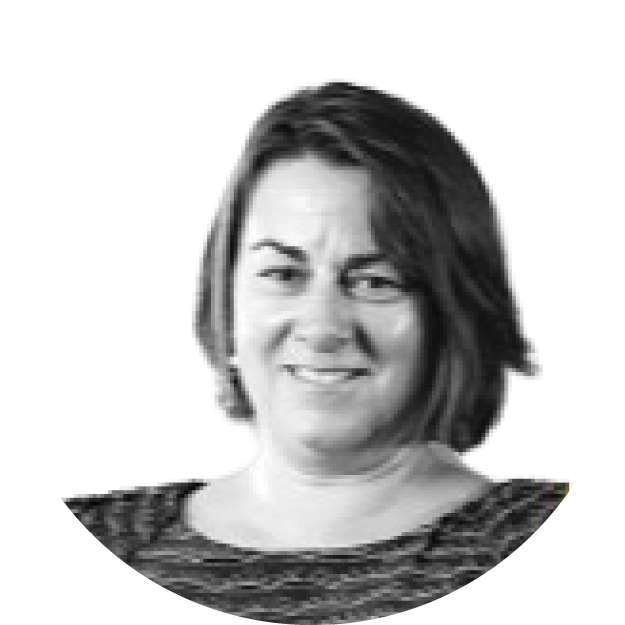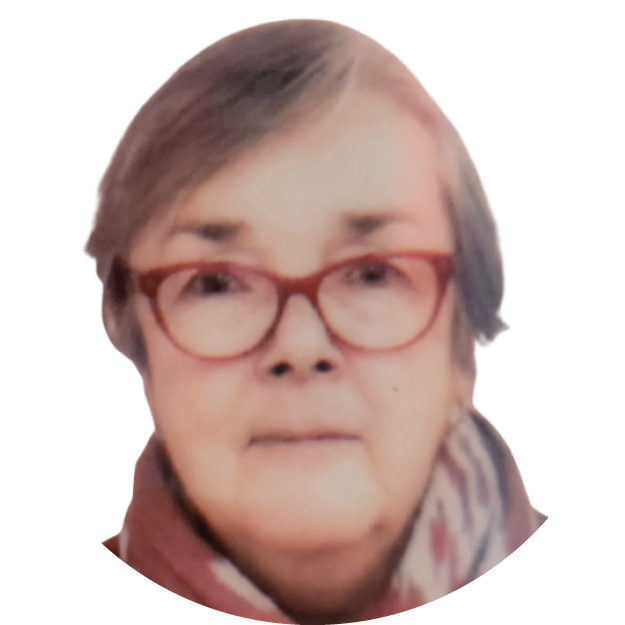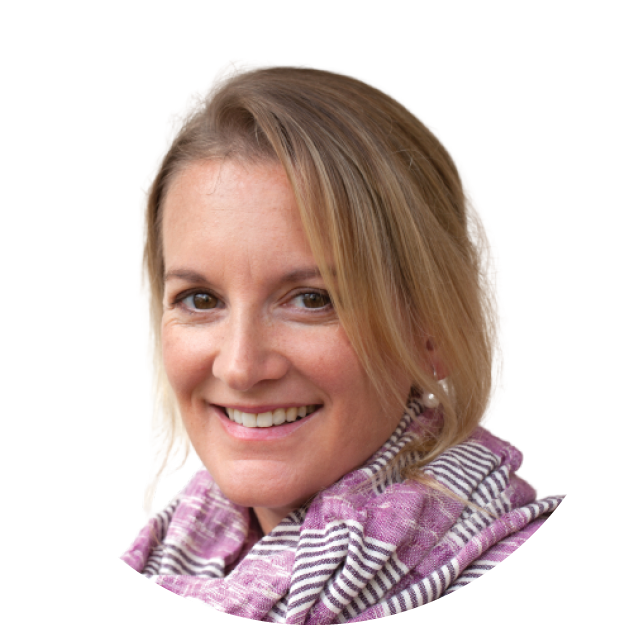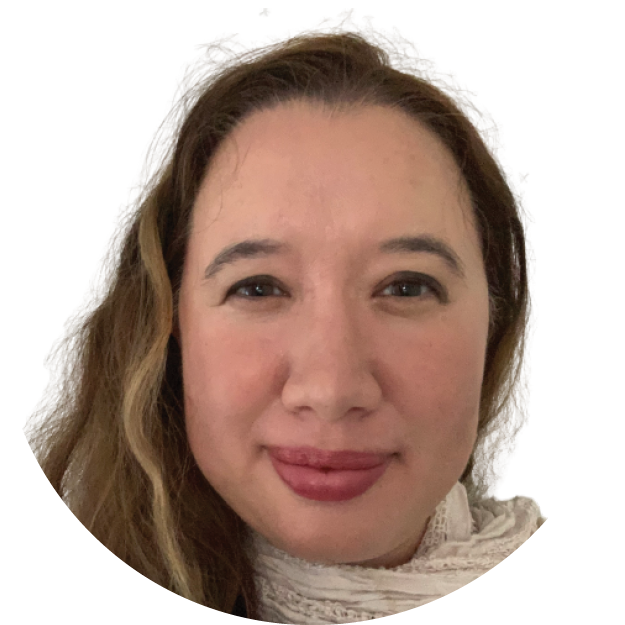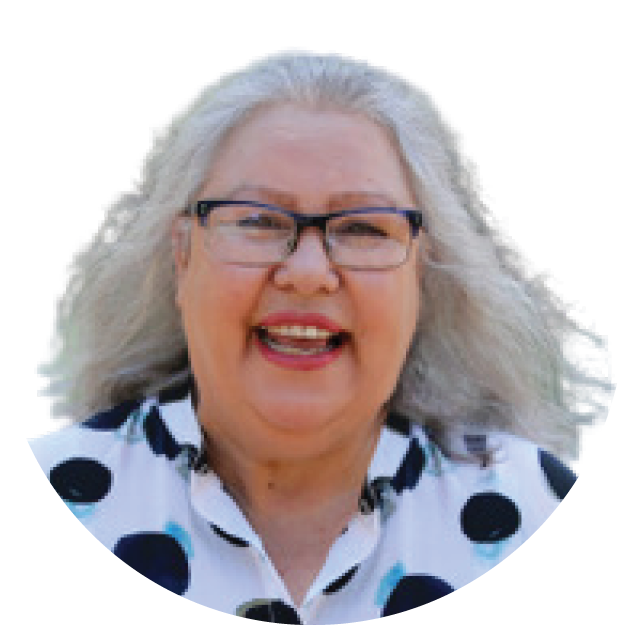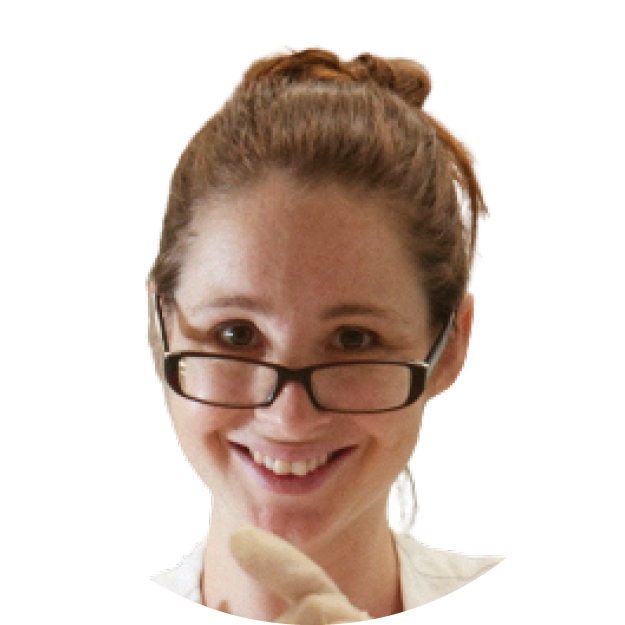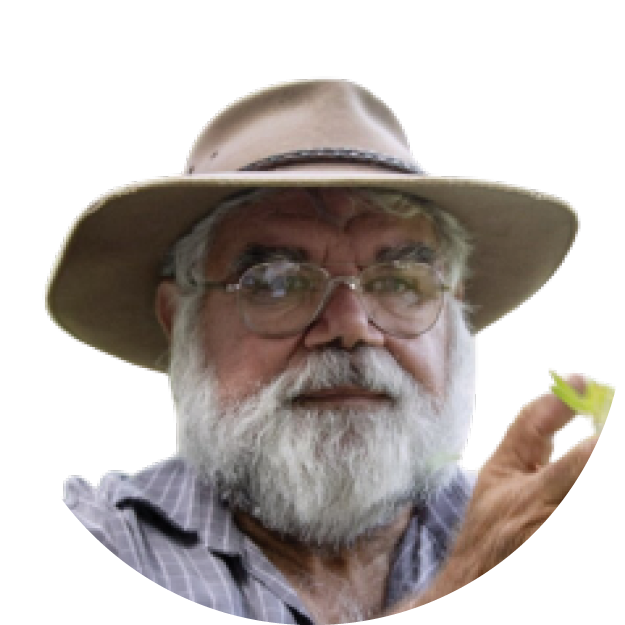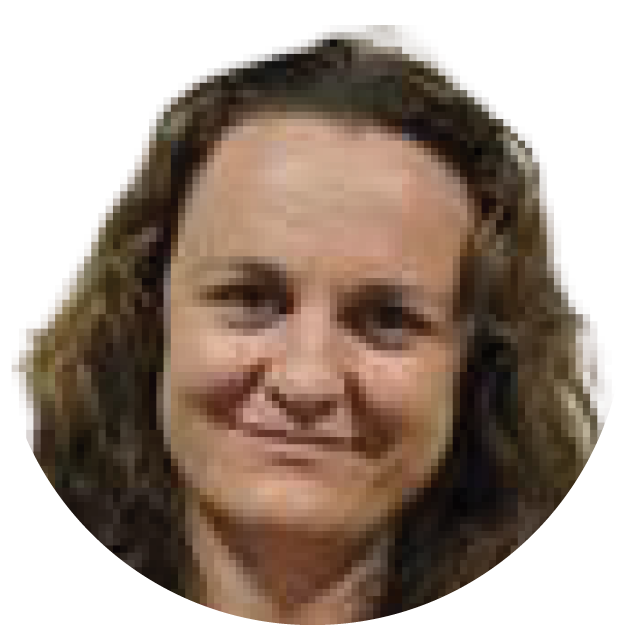Curtin University, The Kids Research Institute Australia and Cancer Council WA are collaborating with Aboriginal Elders and communities in Perth and the Kimberley on a five-year project funded by the National Health and Medical Research Council to understand more about diet and sun exposure among Aboriginal people in Perth and the Kimberley.
Vitamin D is obtained from sun exposure and diet. Surprisingly, in a mostly sunny country like Australia, vitamin D deficiency is a public health issue. Among Aboriginal people, nearly one in three adults are vitamin D deficient; this increases to two in five among Aboriginal adults living in remote regions.
Vitamin D is essential for bone health, and vitamin D deficiency has been associated with a number of chronic diseases, such as diabetes and cardiovascular disease.
Dr Lucinda Black, Senior Research Fellow in the School of Public Health at Curtin University is the Chief Investigator on the project.
“Despite delays due to COVID-19, we have begun initial yarns with Elders in Perth and communities in the Kimberley (using web technology), to learn more about traditional diets and cooking methods, and sun exposure practices.
We will work closely with rangers to collect bush tucker and measure these foods for vitamin D.
“This will help us identify the best bush tucker sources of dietary vitamin D.
“We will also identify ways in which Aboriginal people can make sure they have safe sun exposure to promote good vitamin D status,” Dr Black said.
Based on community preferences, the project team will develop ways to promote sustainable consumption of bush tucker, traditional cooking methods, and safe sun exposure practices, to reduce vitamin D deficiency among Aboriginal people.
Project summary and aims from ethics application
AIMS This five-year project in Western Australia (WA) aims to promote vitamin D sufficiency among Aboriginal people by developing food-based dietary strategies to increase vitamin D intakes and by encouraging safe sun exposure. The project is a partnership with Aboriginal people from Perth and the Kimberley region. From inception to completion, the project will be governed by site/community appropriate Elder- and community-led processes, and will incorporate a novel, mixed methods design with an embedded Participatory Action Research (PAR) framework. These Elder- and community-led processes will ensure that the project: 1) is culturally appropriate in design and process; 2) meets the aims of the communities; 3) involves training for Aboriginal community members; and 4) incorporates culturally-appropriate education and dissemination of findings.
Using Elder- and community-led processes, the specific aims of the project are to:
- Identify traditional and current knowledge and attitudes about diet and sun exposure;
- Collect samples of bush tucker and measure vitamin D content using pioneering methods;
- Compile a vitamin D composition database using internationally-standardised methods;
- Estimate intakes of vitamin D among Aboriginal people using national food consumption data;
- Determine optimal food fortification strategies for increasing vitamin D intakes among Aboriginal people; and,
- Disseminate findings on diet and safe sun exposure to promote vitamin D sufficiency.
View the August 2022 Bush Tucker and Vitamin D community update report

